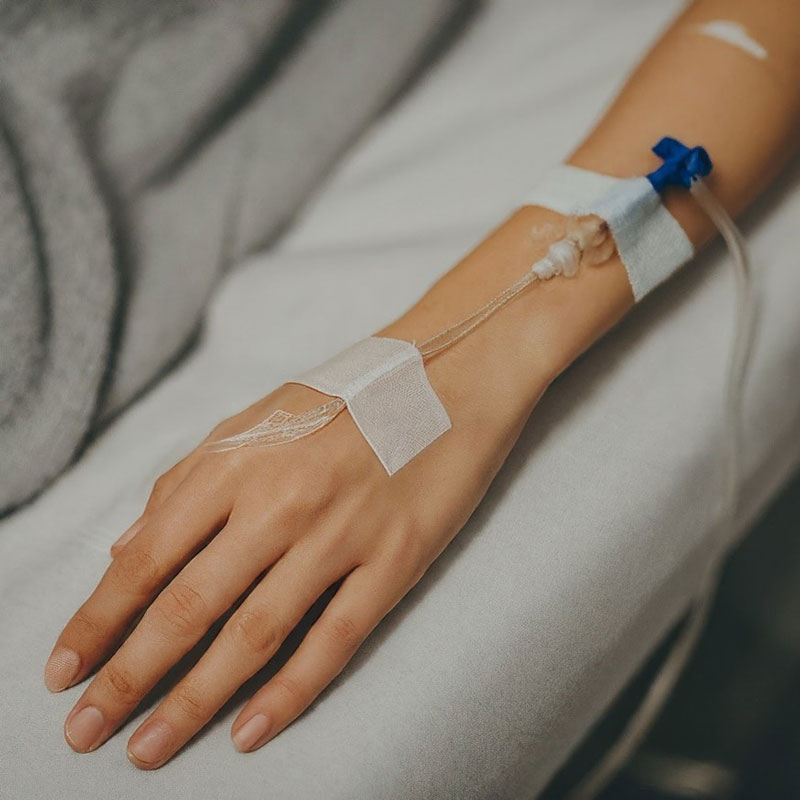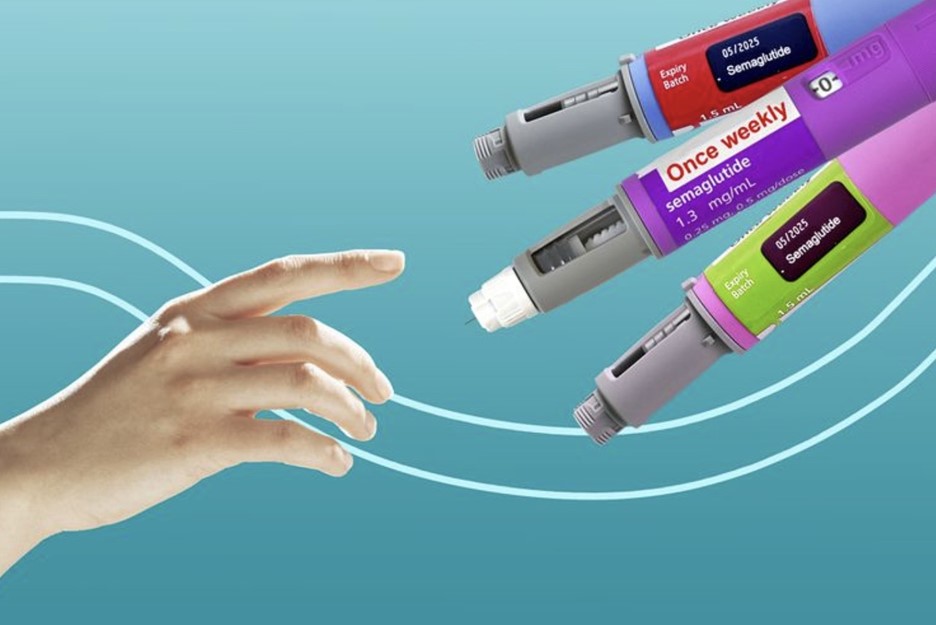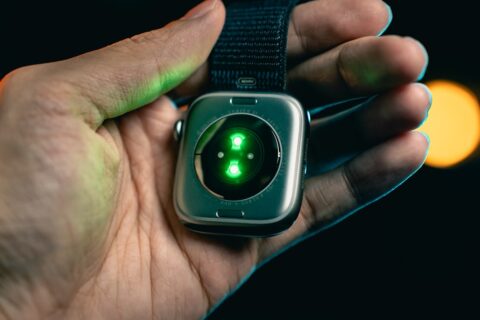GLP-1 Meds and Gastrointestinal Side Effects A Closer Look

Semaglutide (Ozempic) and its siblings the GLP-1 agonists have made it into the public consciousness in a big way. With many celebrities showing off significant weight loss and better bodies, thousands of Americans and people across the world are scrambling to get their hands on these meds hoping to lose some unwanted weight. However, it should be known, these medications are not without potential consequences.
GLP-1 meds have garnered significant attention for their effectiveness, however, it’s important to be aware of gastrointestinal side effects that some have suffered, which can range from mild discomfort to more serious complications.
The Big Players
While Ozempic seems to be getting most of the press these days, there are several agents on the market for weight loss and diabetes:
Common Gastrointestinal Side Effects
The most frequently reported gastrointestinal side effects of GLP-1 meds include:
- Nausea: This is the most common side effect, often occurring during the initial weeks of treatment.
- Vomiting: While less frequent than nausea, vomiting can be a distressing experience for some individuals.
- Diarrhea: Loose stools or an increased frequency of bowel movements can also be a side effect.
- Constipation: Some users may experience the opposite problem – difficulty passing stools or a reduced frequency of bowel movements.
- Abdominal Pain: Discomfort or pain in the stomach area can occur, although it’s usually mild.
These side effects are typically temporary and tend to subside as the body adjusts to the medication. However, if they persist or become severe, it’s crucial to consult with your healthcare provider.
Rare but Serious Side Effects
While rare, GLP-1 Meds have been associated with more severe gastrointestinal issues, including:
- Pancreatitis: Inflammation of the pancreas characterized by abdominal pain, nausea and vomiting.
- Gastroparesis: Delayed stomach emptying leading to symptoms like nausea, vomiting, bloating and abdominal pain. This condition can be particularly concerning as it may not resolve even after discontinuing the medication.
- Bowel obstruction: Blockage of the intestine causing severe abdominal pain, constipation and vomiting.
It’s important to note that these serious side effects are relatively uncommon. However, if you experience any unusual or persistent gastrointestinal symptoms while taking GLP-1 meds, seek immediate medical attention.

Managing Side Effects
There are several strategies that can help manage the gastrointestinal side effects of GLP-1 Meds:
- Dietary changes: Eating smaller, more frequent meals, avoiding greasy or fatty foods, and staying hydrated can be beneficial.
- Over-the-counter medications: Antacids or anti-nausea medications may provide relief for mild symptoms.
- Dosage adjustment: In some cases, reducing the dosage of GLP-1 meds may be necessary.
- Alternative medications: If the side effects are intolerable, your doctor may recommend switching to a different medication.
ER Treatment
El Paso Emergency Room offers several options to help manage complications of GLP-1 meds:
- IV fluids: Vomiting / Diarrhea can cause profound volume loss necessitating several liters of fluids to help reverse
- Electrolyte replacement: Often accompanying volume loss is electrolyte deficiency. Oral replacement can be difficult during periods of vomiting and IV replacement is frequently necessary.
- IV motility agents: IV Metoclopramide is tremendously effective in helping restore the motility of your stomach. Often, several doses and a short period of observation are needed to help control the adverse effects of GLP-1 Meds.
What if It’s Something Else?
Fortunately, El Paso Emergency Room has advanced imaging readily available. The symptoms of gallbladder disease, pancreatitis and even heart disease can look similar to GLP-1 side effects. Further testing is likely needed to exclude these as the cause of your symptoms.

GLP-1 meds can be a valuable tool in managing type 2 diabetes and achieving your weight loss goals. However, it’s essential to be informed about potential gastrointestinal side effects, and to communicate openly with your healthcare provider about any concerns or discomfort. By working together, you can develop a treatment plan that minimizes side effects and maximizes the benefits of this medication.
To learn more, visit www.eper.com.



